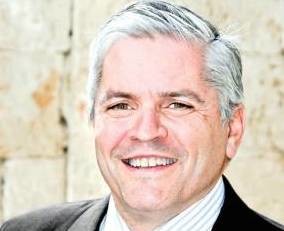New decisions in a new year: All about choices
Thousands of feet up in freefall, travelling over 100 miles an hour, Yosef Goodman had only seconds to make a decision. His parachute had become tangled in his commander’s chute above him, preventing both of their parachutes from opening. They were probably 20 second away from certain death, and none of the backup measures were working.
On a training jump in the IDF’s elite Maglan paratrooper unit, they were testing a new form of gliding parachute, but something went terribly wrong. With such a short timeframe, and no other possible solution, Yosef, over the protesting screams of his commander, calmly pulled out his army knife and sliced through the parachute chords connecting their chutes, saving the life of his commander but dooming himself to certain death as he hurtled towards the ground at close to 130 miles per hour.
A subsequent investigation determined that his decision was the correct one, and the only way to allow at least one of them to survive. But the ability to make such a decision, in such a short amount of time buffeted by the winds at such high speeds, is nothing short of incredible. His commander, breaking down as he eulogized Yosef at his funeral the next day, recognized both the incredible bravery it took to make such a decision as well as the inspiring ability to make the decision under such enormous pressure.
This week in the portion of Re’eh, Moshe exhorts the Jewish people to “see the blessing and the curse placed before them” (Devarim 11: 15-19). And he describes to them the exact place to which they must journey when they enter the land of Israel in order to receive these blessings and curses which will be given to them.
What does it mean to be given blessings and curses; how can blessings and curses be placed upon a mountain, and why are the Jewish people told to see — rather than hear — these blessings and curses?

 69.0°,
A Few Clouds
69.0°,
A Few Clouds 




